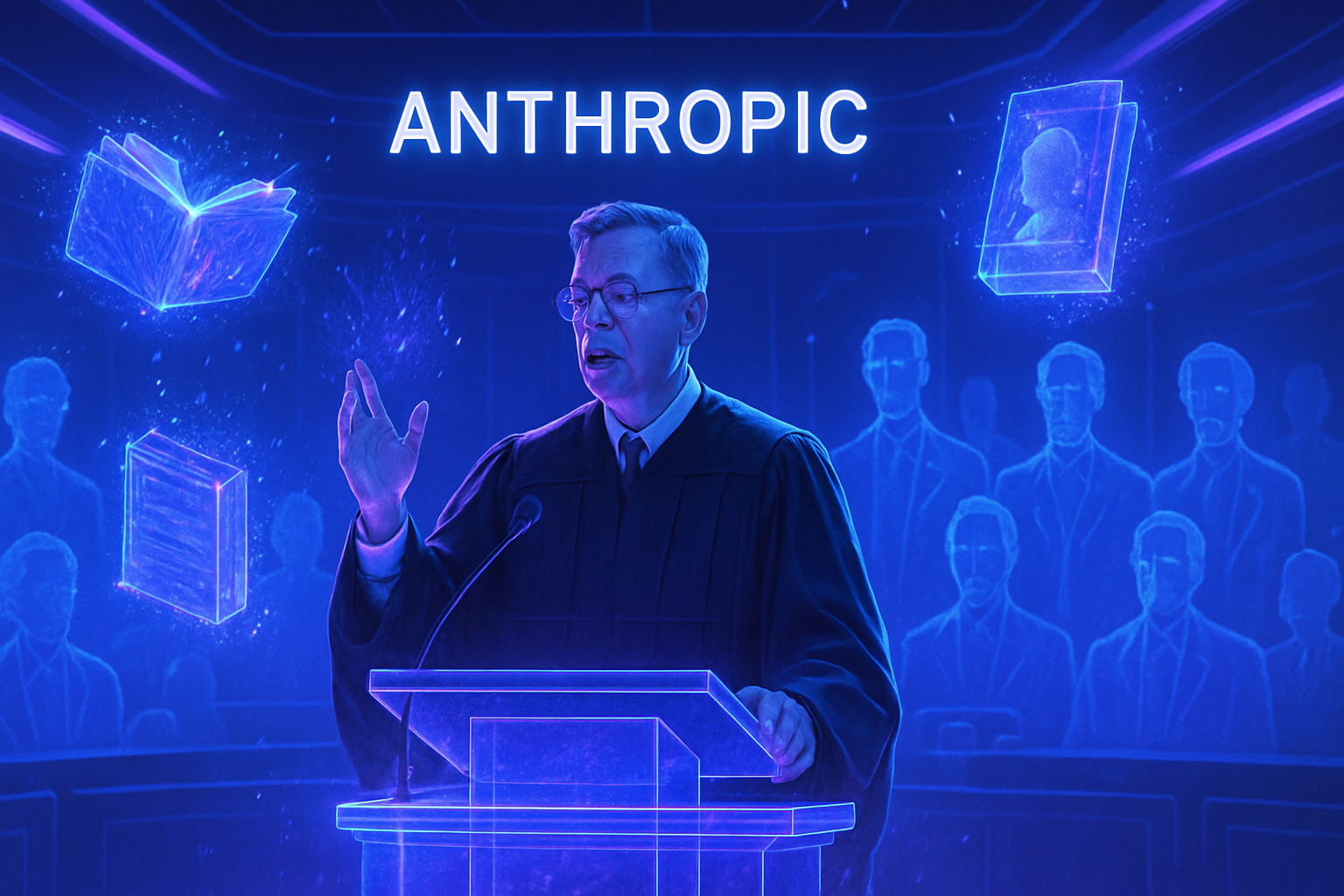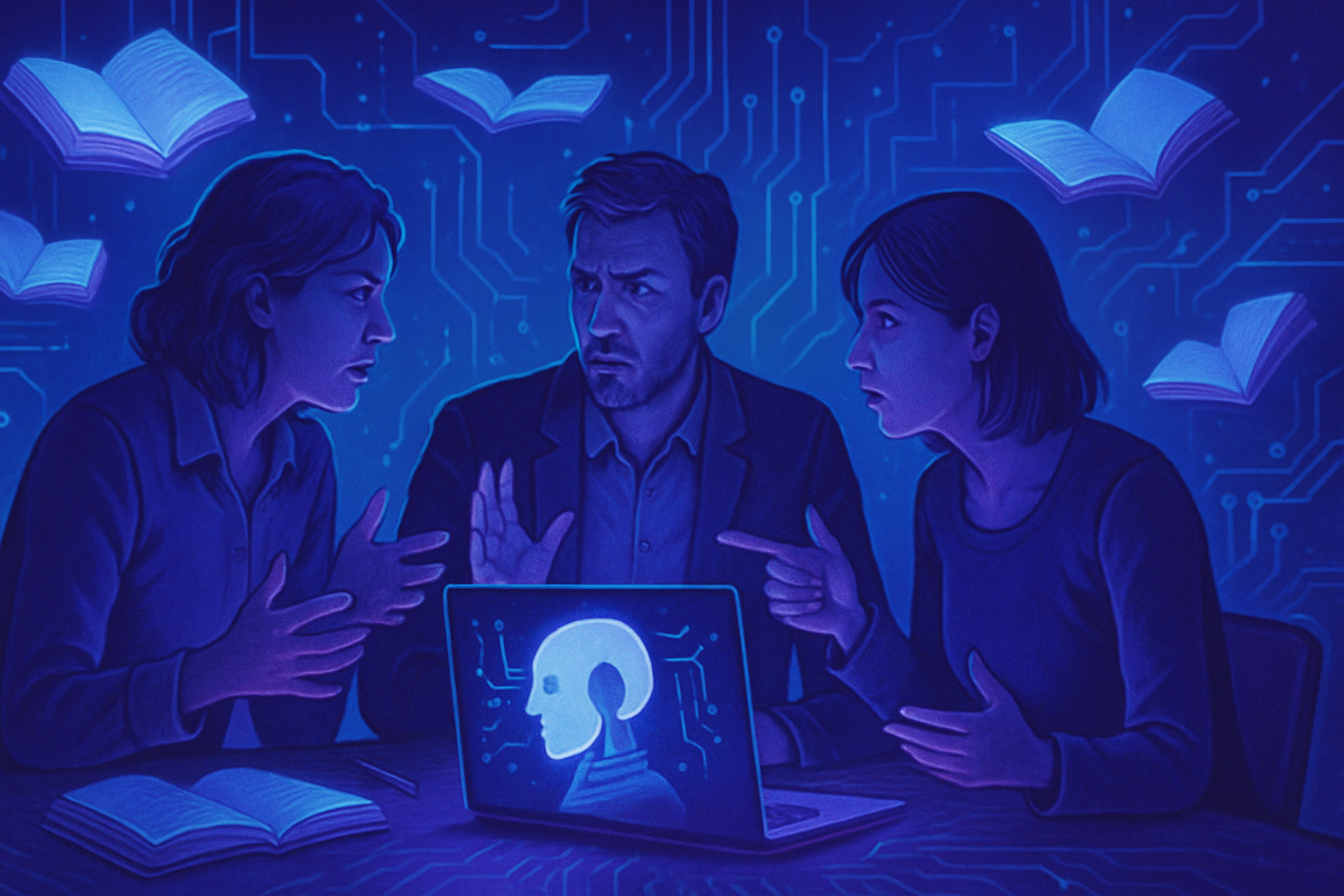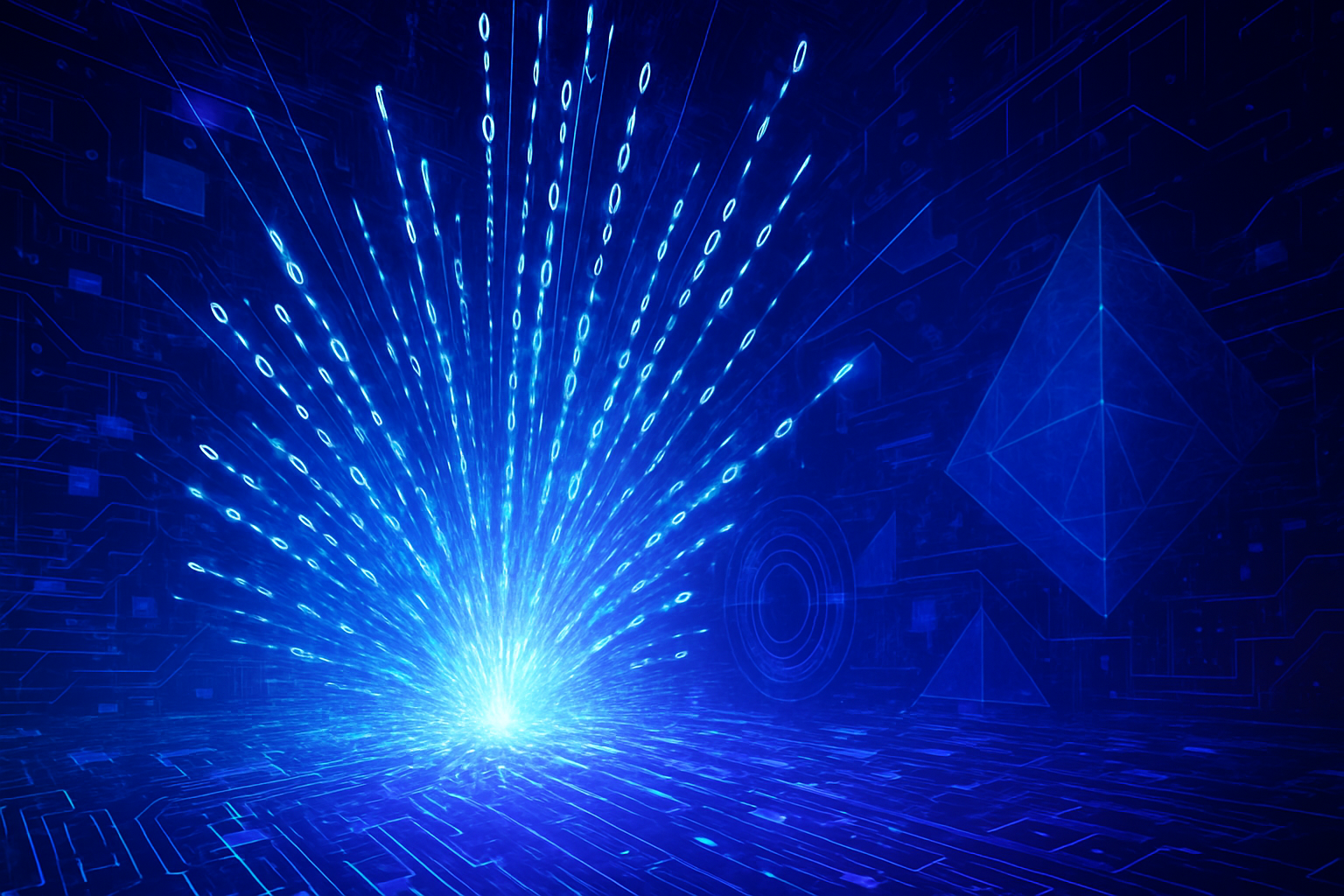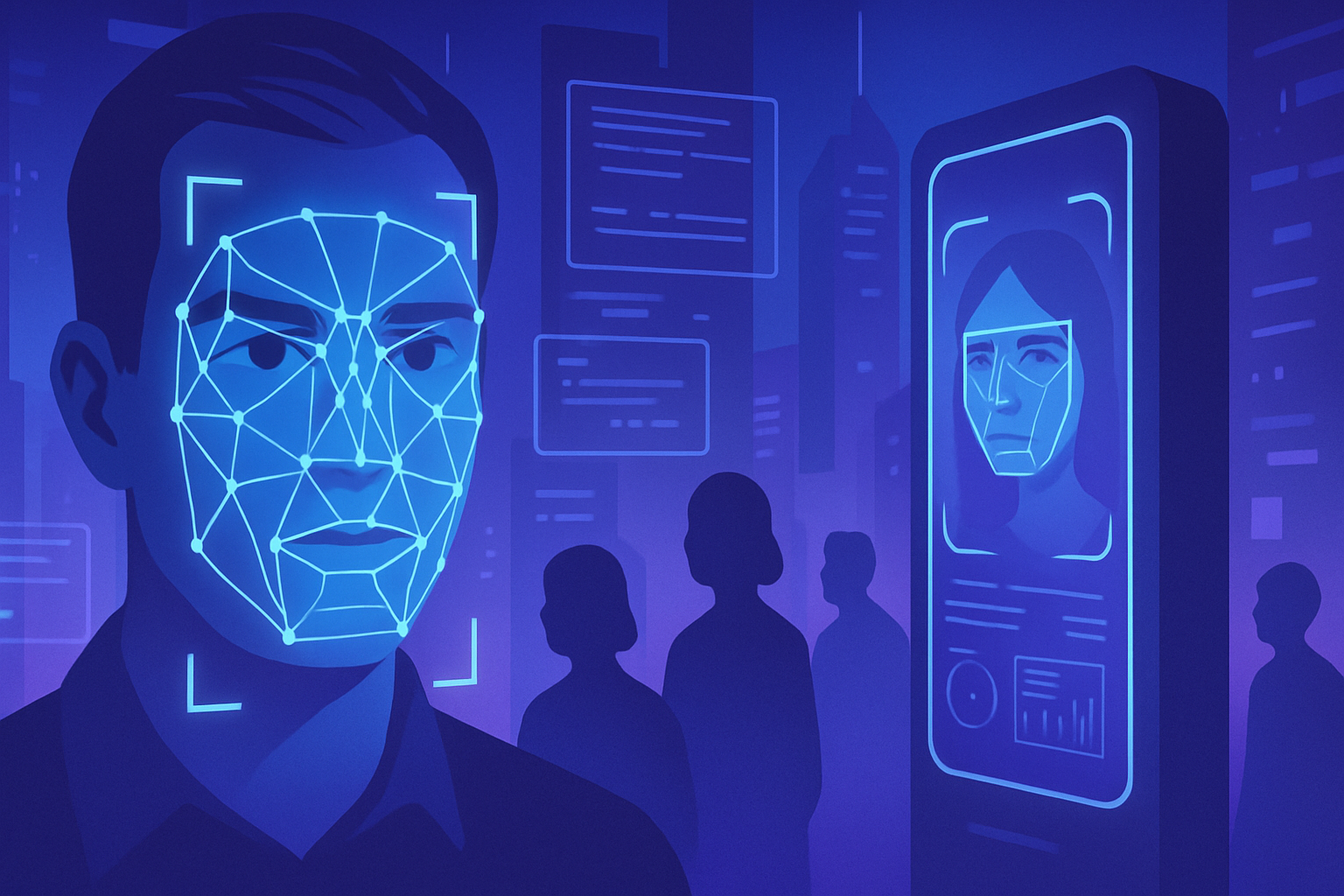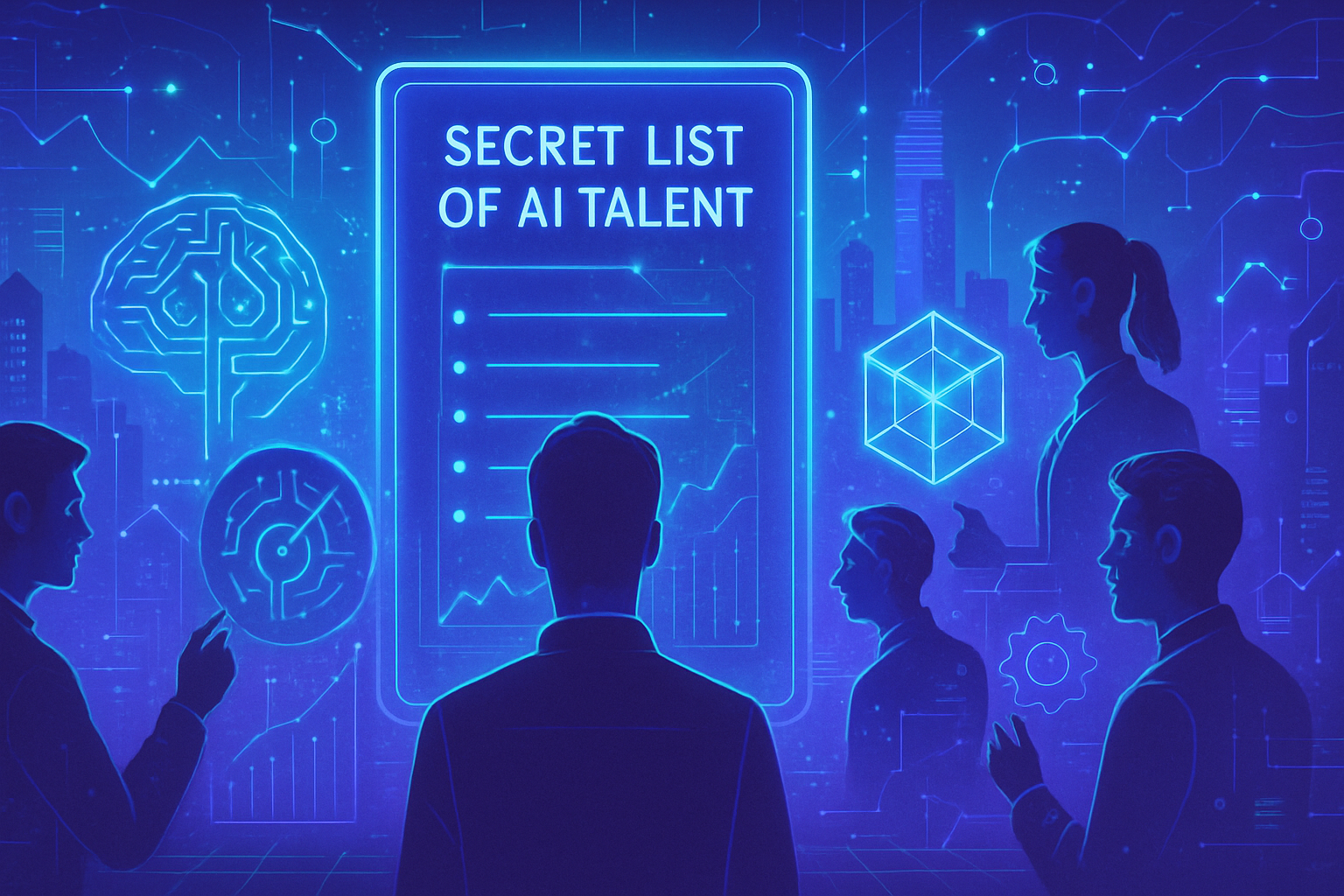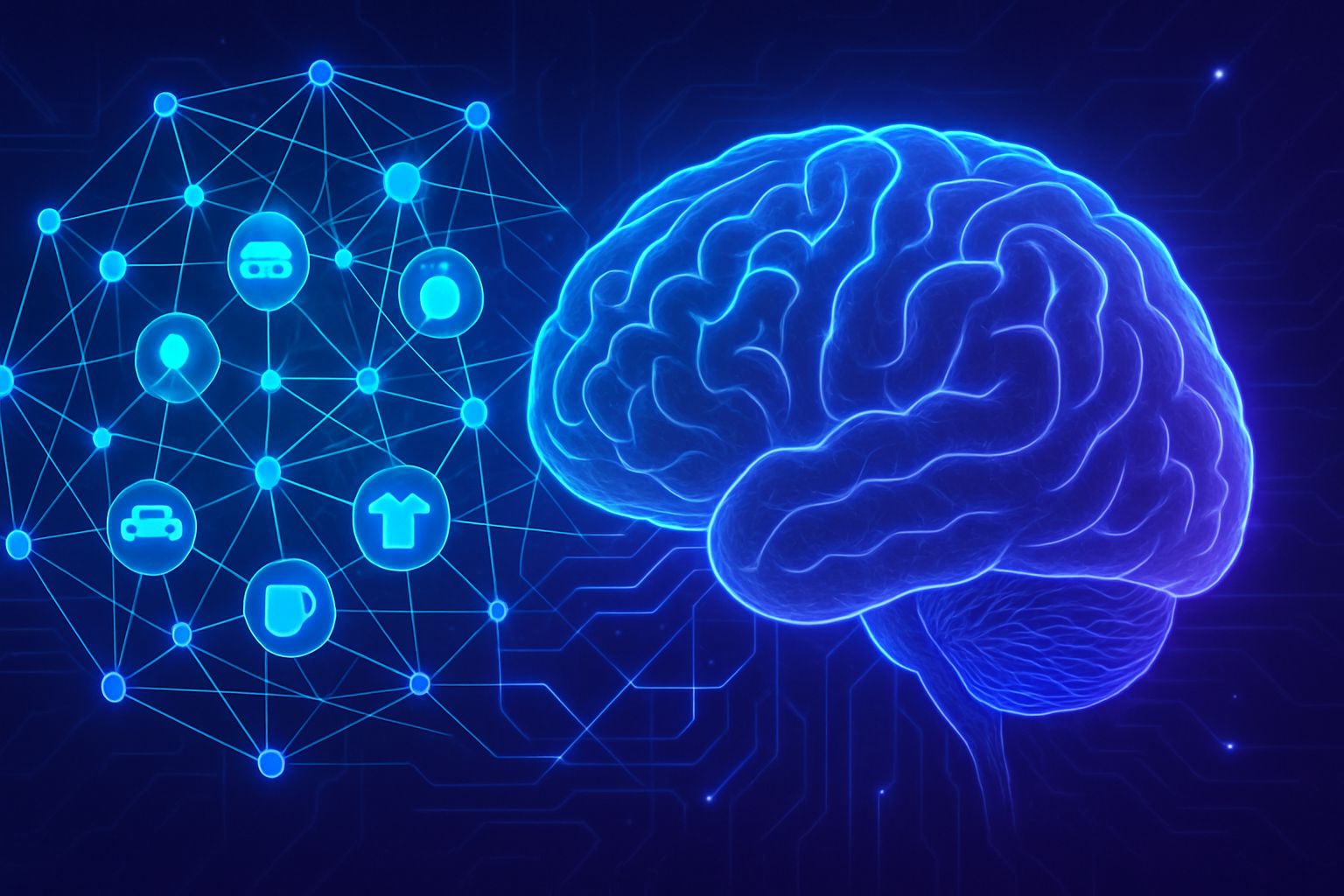A recent judgment has shaken the passionate debate between artificial intelligence and copyright, undermining current legal foundations. Anthropic, a company specializing in language models, was acquitted of allegations of abusing the works of American writers. This verdict fits into a *tendential legal evolution* where the concept of “fair use” emerges as a central issue. The implications of this decision affect not only content creators but also redefine the boundaries of copyright in the digital age.
A judgment in favor of Anthropic
Federal Judge William Alsup recently issued a significant decision concerning copyright and artificial intelligence. This decision focuses on the complaint filed by several American authors against Anthropic, a company known for its artificial intelligence model, Claude. The complaint accuses Anthropic of improperly using works from writers such as Andrea Bartz, Charles Graeber, and Kirk Wallace Johnson.
The copyright case in question
The writers’ accusations are based on the idea that their works were incorporated into the AI training process without prior permission. However, Judge Alsup ruled that Anthropic had not committed any infringement, rather qualifying the use of the works as “fair use.” This principle allows for some latitude in the use of protected content, provided it does not harm the interests of the authors.
Implications for content creators
This judgment could represent a precedent in the field of artificial intelligence and copyright. If other similar cases uphold this judgment, the limitations on the use of works by AI could be significantly reduced. This situation questions the ways in which artificial intelligences access and utilize protected content.
According to a statement from Ed Newton-Rex, founder of Fairly Trained, this fight is not over. The ethics behind AI’s use of works of art and literature will require constant vigilance. The debates around copyright and AI are far from resolved and could transform into a prolonged legal battle.
Previous cases and recent trends
With recurring accusations against OpenAI and other companies, the legal landscape regarding AI is becoming more complex. NBC Universal and Disney, for instance, recently filed a lawsuit against Midjourney for similar reasons, claiming $150,000 per used work. These lawsuits highlight shared concerns among content creators about how their works could be used without consent.
Consequences for the AI sector
This judgment against Anthropic could have lasting repercussions for the entire technology sector. Companies operating in the field of artificial intelligence must now consider the possibility of future restrictions. This dynamic creates an urgent need for clarity and regulation around how AIs interact with protected works.
For the creative community, Judge Alsup’s decision could heighten their concerns about the valuation of their works. Authors could find themselves in a more precarious position as long as the legal framework does not clarify these essential issues. The debate on copyright in the context of innovative technology will thus be crucial in the months to come.
Evolution of legislation on AI
The recent decision also raises questions about the legitimacy of exploiting data and artworks by AI tools. Current law has not yet fully integrated the challenges posed by the rise of information technologies, leaving a legal void that many are trying to fill.
Lobbies like Fairly Trained advocate for the ethical use of AI, and the need for regulation is increasingly recognized. Legislative evolution regarding copyright in the AI sector will become a fundamental issue to monitor.
Frequently asked questions about the judge’s decision in favor of Anthropic
What was the judge’s decision regarding the class action against Anthropic?
The federal judge William Alsup decided to support Anthropic, concluding that the company was not guilty of violating the copyright of the concerned authors, considering it was a “fair use” of their works.
What is “fair use” in the context of this case?
“Fair use” is a legal principle that allows for the use of copyrighted materials without formal permission, under certain conditions, often for research, education, or criticism.
What works were mentioned in the complaint against Anthropic?
The works in question belonged to authors such as Andrea Bartz, Charles Graeber, and Kirk Wallace Johnson, who alleged that their creations were used to train the AI model Claude without their consent.
What arguments have authors raised against the use of their works by AIs?
The authors argue that the use of their works by artificial intelligences without their permission is a violation of their copyright and undermines their ability to monetize their work.
Why might this judge’s decision have implications for other future cases?
This decision could create a precedent in copyright law, clarifying what can be considered fair use for training AI models, potentially affecting other content creators and tech companies.
How is the content creator community reacting to this decision?
Some members of the community, like Ed Newton-Rex, express concerns about the ethics of AI’s use of works and continue to advocate for stricter copyright regulation in the context of technology.
Is the case against Anthropic completely over?
No, this decision may be subject to appeals, and further legal debates over copyright and the use of intellectual creations by artificial intelligences are expected in the coming months.
What risks does a company like Anthropic face when using authors’ works?
If a company uses authors’ works without respecting copyright, it risks lawsuits, fines, and damage to its professional reputation.
How can AI companies respect copyright in the future?
Companies can establish partnerships with content creators to obtain the necessary licenses or develop AI models based on public and royalty-free data.
